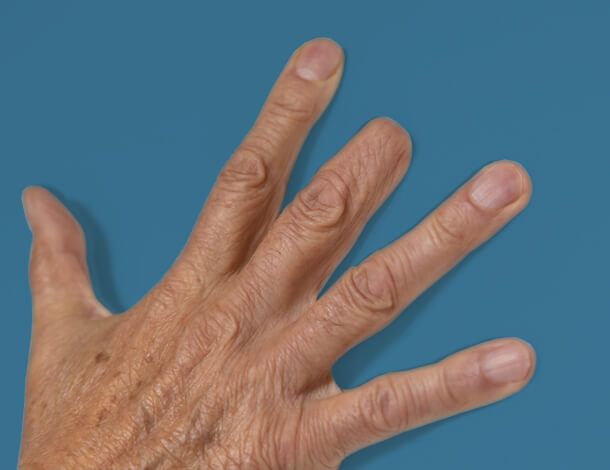Managing and Treating Phantom Nerve Pain After Limb Amputation

If you’ve had a limb amputated, there’s a good chance you could experience phantom nerve pain at some point. This condition is common for amputees of both the upper and lower limbs.
But while the pain will often improve or go away entirely over time, you don’t have to suffer through it. There are proven therapies and procedures that can help.
Read on to learn about the causes and symptoms of phantom nerve pain and the surgical and non-surgical treatments available to relieve your discomfort.
What Is Phantom Nerve Pain?
Also called “phantom limb pain” or “phantom limb sensations,” this condition occurs when someone experiences pain in a limb that has been accidentally or medically amputated.
If you or someone you care for has experienced phantom nerve pain, you know that the sensations are very real even though the limb is no longer there.
How Long Does Phantom Limb Pain Last?
According to a recent study published by the National Center for Biotechnology Information, 82% of people one year post-amputation have experienced phantom nerve pain.
Phantom Limb Pain Causes
Phantom limb pain is caused by mixed signals between a patient’s spinal cord and brain. When a limb is removed, some of the nerve connections to the brain are still in place. So the brain can misinterpret the signals it’s receiving and cause a person to feel those nerve signals as pain where the limb used to be.
What Does Phantom Nerve Pain Feel Like?
People who experience phantom limb pain describe the feeling as though their amputated limb is still there. Some people only experience mild discomfort, while it can be severe for others. The pain can last for as little as a few seconds, others feel it all the time.
The sensations of phantom nerve pain are often described as:
- Shooting
- Stabbing
- Aching
- Throbbing
- Burning
- Pinching
- Twisting
- Squeezing
- Itching
- Tingling
The Difference Between Residual Limb Pain and Phantom Pain
Residual limb pain or “stump pain” is a common problem for amputees that is sometimes wrongly attributed to phantom nerve pain.
Residual limb pain affects the remaining part of the limb at the site where it was removed. The pain is most often caused by nerve damage or pressure on the nerve. Many of the causes of residual limb pain are treatable by experienced nerve surgeons.
How Is Phantom Limb Pain Treated?
If you’re suffering from phantom limb pain or other symptoms related to amputation, you should speak to a nerve specialist. They will do a physical exam and may order imaging scans to evaluate your condition.
If you’re diagnosed with phantom nerve pain, your care team will work with you on a treatment plan to manage your pain.
Phantom Limb Pain Management
There are several effective non-surgical treatment options for managing phantom nerve pain, including the following:
- Pain Medication
- Anti-Inflammatory Drugs
- Beta-Blockers
- Anticonvulsant Therapies
- Transcutaneous Electrical Nerve Stimulation (TENS)
- Acupuncture
- Mirror Therapy
Surgical Treatments
A surgical technique called targeted muscle reinnervation (TMR) has also been shown to provide phantom nerve pain relief, used in conjunction with the therapies mentioned above.
With targeted muscle reinnervation, a surgeon takes one of the large nerves (such as the median nerve) and a small regional nerve branch, bringing those two nerve endings together. This allows the bigger nerve to regenerate, which can help prevent a painful nerve ending or neuroma. It also gives the brain more normal signaling pathways, which can reduce or eliminate phantom nerve pain.
Trust the Experts at Indiana Hand to Shoulder Center’s Nerve Clinic
If you or someone you love suffers from phantom nerve pain, schedule an appointment with the team at the IHTSC Nerve Clinic. We can evaluate your condition to see if you’d be a candidate for any of our nerve clinic’s effective techniques, therapies, and treatments.



